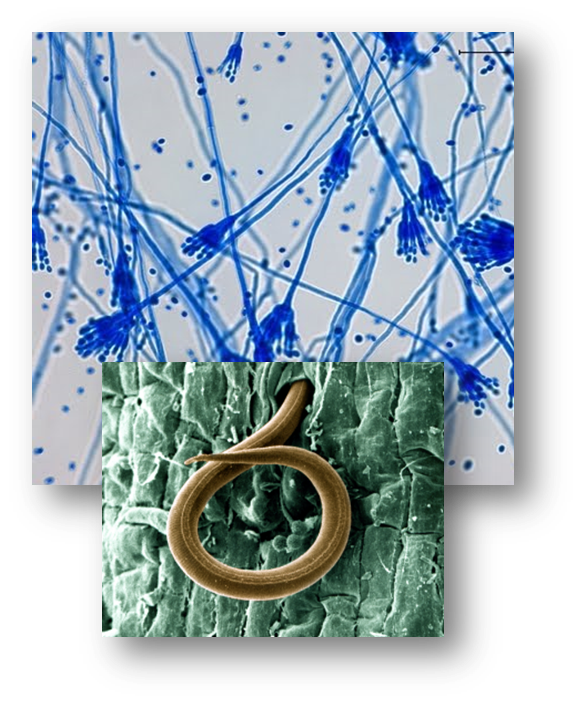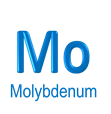
KNOW MORE

Paecilomyces lilacinus can control nematodes that are harmful to plant roots, such as root-knot, cyst, and lesion nematodes. It's effective against a wide range of crops, including maize, sorghum, soybean, chickpea, cow pea, eggplant, potato, capsicum, tomato, cucumbers, and ornamental flowers. In growth chamber experiments, Paecilomyces lilacinus strain 251 (PL251) was shown to reduce root galling and nematode population by 58–74% on tomato. Paecilomyces lilacinus can also promote plant root growth and vegetative system, and seed germination. Paecilomyces have recently been described as biostimulants of plant growth and crop yield. This review includes all the information on the genus Paecilomyces as a biological control agent for pests and diseases. Incorporating beneficial microorganisms in crop production is the most promising strategy for maintaining agricultural productivity and reducing the use of inorganic fertilizers, herbicides, and pesticides. Numerous microorganisms have been described in the literature as biological control agents for pests and diseases, although some have not yet been commercialised due to their lack of viability or efficacy in different crops. Paecilomyces is a cosmopolitan fungus that is mainly known for its nematophagous capacity, but it has also been reported as an insect parasite and biological control agent of several fungi and phytopathogenic bacteria through different mechanisms of action. Paecilomyces lilacinus
Bio Nematicide
Paecilomyces lilacinus is a naturally occurring fungus found in many kinds of soils throughout the world. As a pesticide active ingredient, Paecilomyces lilacinus strain 251 is applied to soil to control nematodes that attack plant roots.
Controlling nematodes:
Promoting plant growth:
Other Benifits
PLANTAUX
MICRO-NUTRIENT

PLANTAUX
MACRONUTRIENT

PLANTAUX
SECONDARY NUTRIENT

PLANTAUX
BIO-FERTILIZERS / BIO-CONTROL AGENTS
Always read and follow label directions. . Results may vary depending on soil, climate or other conditions.
© 2024.All rights reserved. PLANTAUX.




























